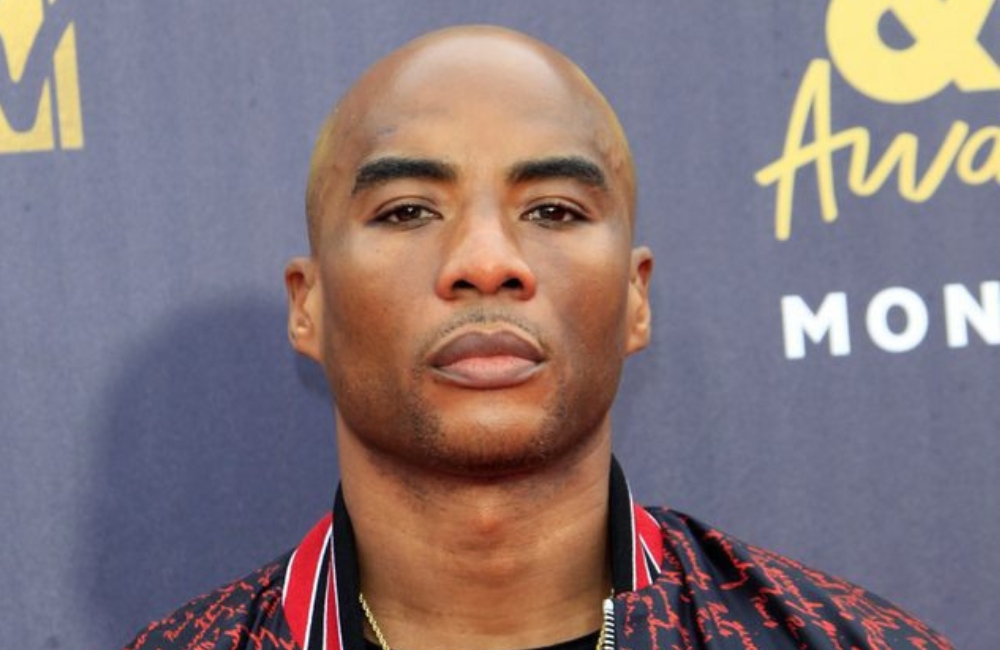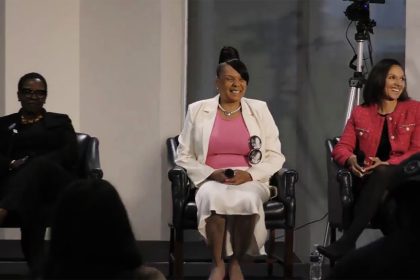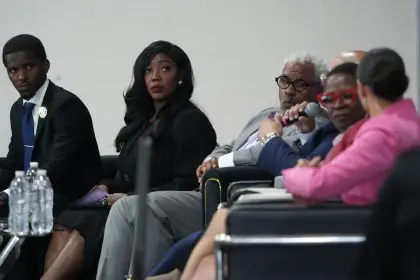The recent face-off between “The Breakfast Club” host Charlamagne tha God and CNN anchor Anderson Cooper has ignited a crucial discussion about media bias in political coverage. The exchange, which aired Thursday evening, brought to light significant concerns about how news organizations handle reporting on Vice President Kamala Harris compared to former President Donald Trump.
Double standards in political reporting
During the intense discussion, Cooper addressed Harris’s recent appearance on Charlamagne’s show. The conversation quickly evolved into a broader examination of media practices, particularly regarding the contrasting treatment of political figures. The discussion highlighted how news organizations often employ different standards when covering various political personalities, especially concerning their public speaking styles and policy positions.
How media examines extremist rhetoric
The dialogue delved deep into the media’s handling of controversial political statements and policy proposals. The discussion centered on various contentious suggestions, including proposals for detention facilities along the southern border and the potential use of military force against political opposition. These topics underscore the ongoing debate about normalizing extreme political discourse in mainstream media.
Race and representation in news coverage
A significant portion of the exchange focused on how news networks approach coverage based on racial backgrounds. The discussion revealed a pattern where certain networks tend to emphasize demographic characteristics over policy substance when covering some politicians while taking a different approach with others. This disparity raises questions about fairness and objectivity in political journalism.
Media accountability and responsibility
The conversation highlighted the broader implications of how news organizations shape public perception through their coverage choices. The exchange emphasized the need for consistent standards in political reporting, particularly when covering statements that potentially threaten democratic institutions. This discussion points to a larger debate about media responsibility in maintaining democratic discourse.
















